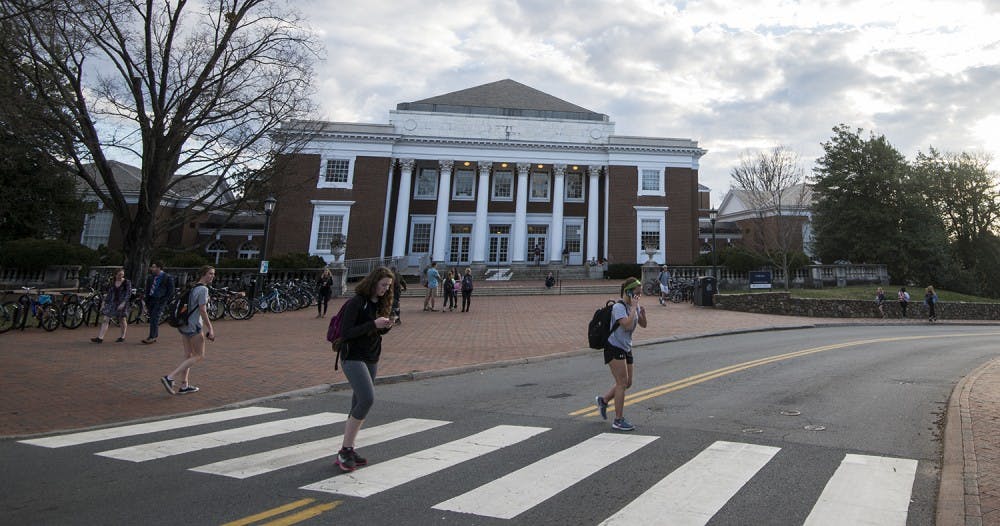The University’s Institute of the Humanities and Global Cultures is hosting Humanities Week, April 17-22. The event is a student-driven showcase which celebrates the humanities and explores the human condition.
This year’s theme is “Living (In)Equality,” and the core events will examine equality and inequality around the world. Humanities Week will include a variety of mediums through which students can explore this theme, including a film series, panels on global development, a poverty simulation, performances, chalk art and a photography competition.
In addition, Humanities Week will be showcasing an exhibit curated by Time Magazine photo editor, Myles Little. Little’s exhibit, entitled “1% Privilege in a Time of Global Inequality,” strives to examine wealth from a variety of angles.
“In curating 1%: Privilege in a Time of Global Inequality, I have tried to gather images that examine wealth globally and in many different ways,” Little said in a press statement.
Little acknowledged that recent photography has made strides in covering inequality in innovative, new ways.
“There is a long history of photography denouncing poverty, such as Jacob Riis’ photos from 19th century New York slums or Mary Ellen Mark’s photos of Seattle’s homeless children,” Little said. “But recent decades have witnessed a boom in strong photography questioning privilege.”
These movements were what inspired Little to curate the exhibit.
“I took a different approach, befitting the exclusive spirit of my topic,” Little said. “I selected a small number of polished, well-crafted, medium format photographs by some of today’s best photographers. I wanted to borrow the language of privilege and use it to observe and critique privilege.”
Examples of Little’s collection include a photograph by Guillaume Bonn of a chef preparing champagne in the middle of the Masai Mara National Reserve in Kenya and a photograph by Juliana Sohn of a legless man cleaning a Hollywood star on the Walk of Fame.
Beki San Martin, a fourth-year in the College and co-organizer of Humanities Week, said they wanted to ground the event around the theme provided by Little’s exhibit.
“We wanted to discuss inequality in all its manifestations but also wanted to allow space for discussion about how to strive for equality, and thus we came up with this dual theme where the events could discuss both inequality and equality,” San Martin said.
Tsering Say, second-year College student and historian for the Living Wage Campaign, said she is looking forward to attending Humanities Week events such as the sustainability student pitch, “Sustainapitch,” and the Vinegar Hill screening and dialogue, although the Living Wage Campaign was not involved in organizing the week.
Vinegar Hill, a historically black neighborhood which originally ran along Main Street to the eastern end of Charlottesville’s Downtown Mall, was demolished in the 1960s as part of a Charlottesville-led redevelopment program. The Humanities Week screening is of a documentary which chronicles the Vinegar Hill from its development to its destruction.
“The Vinegar Hill discussion is important in keeping the memory of the area alive,” Say said.
Say reflected her organization’s stance in a comment encouraging Humanities Week attendees to be mindful of local inequality.
“This week could go one step further in localizing inequality by holding an event discussing U.Va's own role in propagating inequality in Central Virginia,” Say said. “Many of the workers at U.Va are paid less than a living wage. Furthermore, while Charlottesville has a 3.6 percent unemployment rate, it has a staggering 27.5 percent poverty rate.”
San Martin said the creativity which went into planning the event can also serve as a reflection for the whole week.
“I think the creative process and the process of developing ideas for the event really actually reflects the values of the week itself — the point of the week is to celebrate the humanities, to celebrate these passions, ideas and interests that make us human,” San Martin said.







